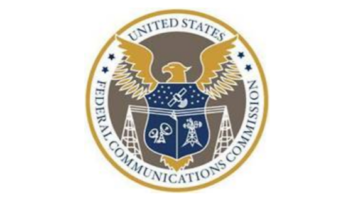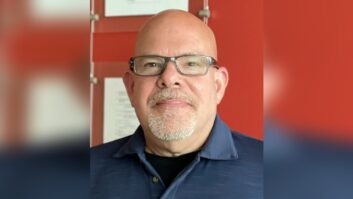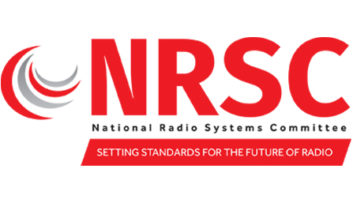AM stations authorized to use FM translators
Aug 1, 2009 12:00 PM, By Harry Martin
The Commission has changed its rules to permit AM stations to rebroadcast their signals on FM translators under certain conditions. The long-awaited rule change opens the door for the expansion of nighttime AM service by daytimers or stations with limited nighttime power. Up to now, the FCC has permitted such operations only under special temporary authorizations.
Under the new rules AM stations may rebroadcast only on �currently authorized� commercial-band FM translators. But no portion of the 60dBu contour of the translator may extend beyond the smaller of the AM’s 2mV/m daytime contour or a 25-mile radius from the AM station’s transmitter site.
To be a currently authorized translator, the facility must have an FCC license or construction permit issued on or before May 1, 2009. Translators whose initial permits were granted after May 1 will not be eligible. The reason for this restriction is to preserve spectrum for LPFM, which is the subject of a looming proceeding that could make FM translators, at least those authorized after the May 1 cut-off date, secondary to LPFMs. The theory is that once AM stations begin using FM translators the FCC will be hard pressed to recover the spectrum for LPFM use.
Daytime-only AM stations will be allowed to originate programming on FM translators even during time periods when such AM stations would not otherwise be operating. Even though such service is not �rebroadcasting,� the Commission viewed it as in keeping with the agency’s desire to bolster the competitive position of AM licensees.
Court affirms 2007 LPFM technical rules
The U.S. Court of Appeals for the D.C. Circuit has rejected the NAB’s challenge to certain LPFM technical rules adopted by the Commission in 2007. In 2007 the FCC:
- Modified its “cease-operation” rule (Section 73.809) to provide that an LPFM station causing interference to a later-authorized/modified full-service station would apply only to co-channel and first-adjacent channel situations, but not second-adjacent situations.
- Established new standards for waiving separation requirements when a later-authorized/modified full service station would ordinarily displace an LPFM but there are no alternate, rule-compliant channels to which the LPFM might relocate.
- Created a “rebuttable non-binding presumption” elevating LPFMs over later-filed full service applications for change of city of license provided the LPFM demonstrates it has “regularly provided at least eight hours per day of locally-originated programming.”
- Reducing second-adjacent protections appears to be inconsistent with Congress’s mandate that third-adjacent protections be maintained. However, third-adjacent channel protections are on the congressional chopping block and could disappear soon. The FCC would like to delay its anticipated LPFM window until that issue is resolved. If both second- and third-adjacent channel protections are removed or reduced, far more new station opportunities would be available through an LPFM window.DatelineFor noncommercial stations in the following locations only, the biennial ownership report deadline is Oct. 1: Alaska, Florida, Hawaii, Oregon, Puerto Rico, Virgin Islands, Washington and the Pacific Islands.Oct. 1 is the deadline for radio stations in Alaska, Hawaii, Oregon, Washington and the Pacific Islands with more than 10 full-time employees to electronically file their Broadcast EEO Mid-Term Reports (Form 397) with the FCC.Oct. 1 is the deadline for radio stations licensed in the following states to place their annual EEO Reports in their public files: Alaska, Florida, Hawaii, Iowa, Missouri, Oregon, Puerto Rico, Virgin Islands, Washington and the Pacific Islands.Nov. 1 is the deadline for submission of biennial ownership reports for commercial radio stations in all states and territories.Martin is a member of Fletcher, Heald & Hildreth, PLC, Arlington, Virginia. E-mail:[email protected]












